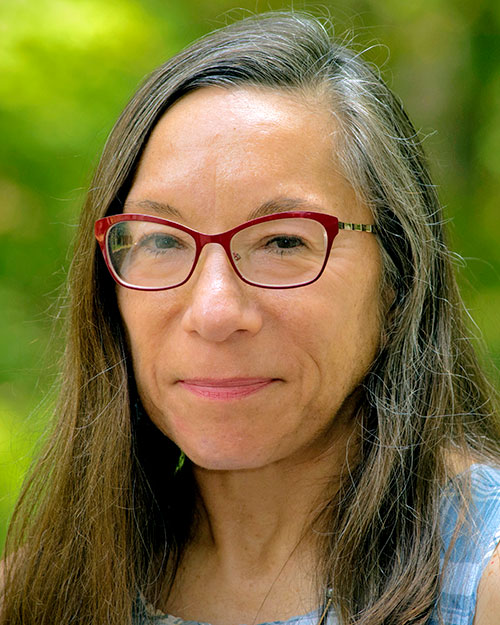
For years, public discourse and policy debates about people with disabilities have focused on the rights of those with medically recognized impairments. Increasingly, however, scholars in the field of disability studies, including Fellow Nancy J. Hirschmann, professor of political science at the University of Pennsylvania, are reshaping the way we see our bodies, the range of freedoms we enjoy, and the limitations we experience.
In this podcast, Hirschmann helps us to begin to make sense of the complex relationship between freedom and disability. She speaks with NHC Vice President for Scholarly Programs Tania Munz about her latest book project, Freedom, Power, and Disability, which builds on her previous scholarship on the intersections of politics, gender, and philosophy.
As Hirschmann notes, thinkers for centuries framed disability as a problem or disorder to be overcome or cured—a phenomenon now known as the “medical model.” Beginning in the 1960s, however, disability scholars began to offer a new “social model” which recognizes the ways society is organized to address the needs of certain kinds of bodies over others, whether through the built environment or societal attitudes.
The social model of disability, Hirschmann argues, helps us reconceive barriers to freedom in a broader way. At the same time, however, she recognizes the model’s limitations—specifically, the risk of oversimplifying disability as mere “difference.” Along with other scholars, she advocates for what she terms a “third” or “ecological model.” Here, the body itself is not merely a social product, but also a material entity, which allows us to more fully understand the roles of subjectivity and desire in freedom.
Hirschmann concludes this fascinating podcast by reflecting on what political theory can offer disability studies—and, conversely, how disability studies can help remap the coordinates of the field of political science.